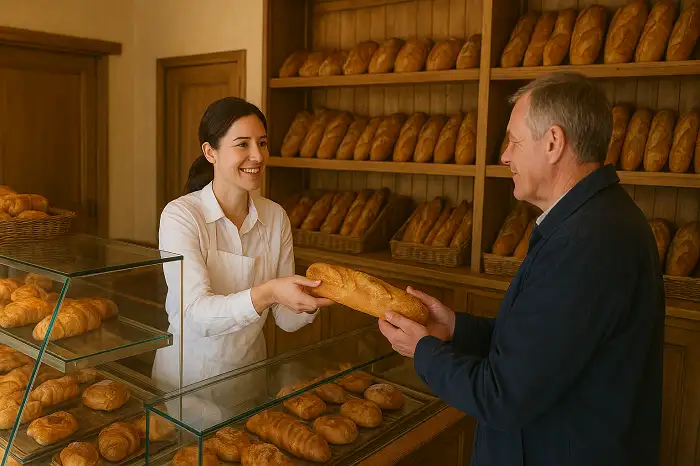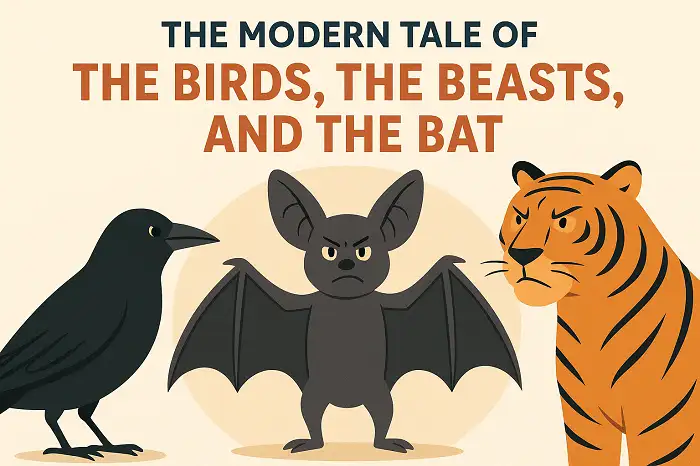The Boy and the Filberts by Aesop for ESL students with a video, vocabulary in real context and questions for discussion based on the English Immersion Program The Boy and the Filberts is now in the public domain available on Gutenberg Project. Video of the Boy and the Filberts https://www.youtube.com/watch?v=Inx-fOlgUX0 The Boy and the Filberts A boy put his hand into a jar of filberts, and grasped as many as his fist could possibly hold. But when he tried to pull it out again, he found he couldn't do so, for the neck of the jar was too small to ...
Home » English Short Stories » The Boy and the Filberts by Aesop for ESL Students

The Boy and the Filberts by Aesop for ESL Students
Updated: by Dr. Mohammad Hossein Hariri Asl
Time to Read: 4 minutes | 350 Views | 6 Comments on The Boy and the Filberts by Aesop for ESL Students
Share This Post
About the Author
Dr. Mohammad Hossein Hariri Asl is an English and Persian instructor, educator, researcher, inventor, published author, blogger, SEO expert, website developer, entrepreneur, and the creator of LELB Society. He's got a PhD in TEFL (Teaching English as a Foreign Language).
Number of Posts: 4242



3. The bystander was telling the boy to be more patient with his desires. If the boy had taken fewer filberts one step at a time, he could have achieved his goal more easily. Also, overambition just causes more problems.
Absolutely! The bystander’s advice underscores a crucial life lesson: patience and measured actions often lead to better outcomes. By taking fewer filberts at a time, the boy could have gradually reached his goal without getting stuck. This fable perfectly illustrates how overambition and impatience can complicate our efforts, whereas steady, thoughtful steps can help us achieve our desires more effectively and with less trouble.
2. The boy could not pull his hand out because the neck of the jar was narrower than his hand.
Indeed, this detail highlights the boy’s dilemma vividly. His hand, filled with filberts, couldn’t fit back through the narrow neck of the jar. This serves as a perfect metaphor for how our grasping nature can limit us; sometimes, we need to let go of excess to free ourselves and move forward.
1. The boy put his hand into a jar to grab as many filberts as he could.
A classic tale of greed and moderation, the fable of the boy and the jar of filberts teaches us that overreaching for too much at once can often leave us with nothing. The boy’s desire to grab as many filberts as possible ultimately trapped his hand in the jar, illustrating how excessive greed can lead to unexpected consequences.